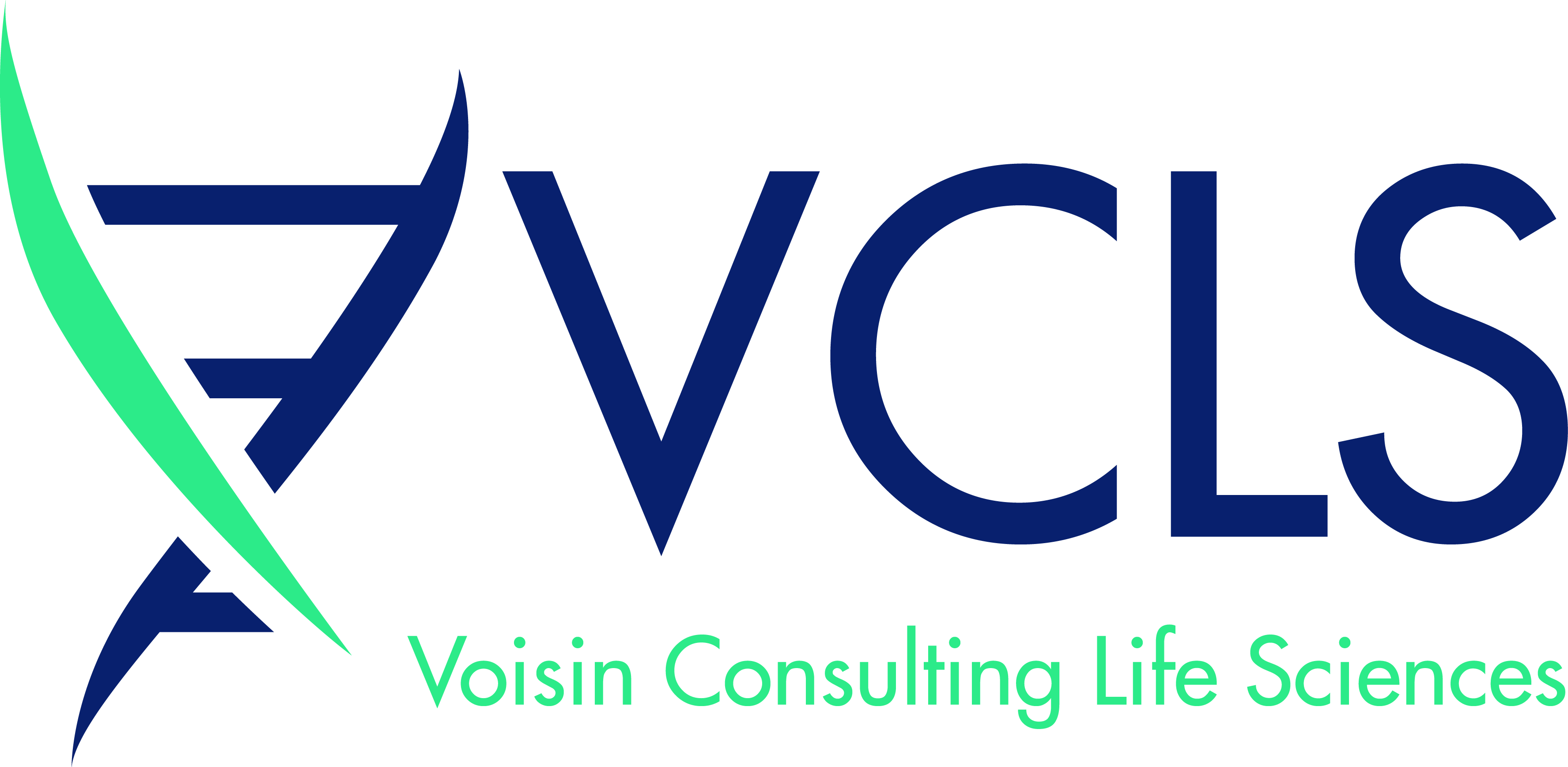
Water quality science can be an exciting, challenging career with many opportunities. While a degree in water science is a must, there are many other routes to the field. Water quality scientists may work in a variety of settings, including at the national and international levels. With a lot experience, you may be considered for a consulting position.
Qualifications
Water quality scientists study the environmental impacts of different pollutants in rivers and lakes. Some scientists focus on ecosystems. Others study human-made systems like water treatment facilities and drinking fountains. Water quality specialists might be needed to safeguard the environment and maintain the safety of the systems. Some specialists also concentrate on coastal waters.
Water science degrees are a great way to get into this field. Some universities offer postgraduate courses related to this area. Many universities also offer apprenticeships that combine work and study.

Work environment
Water quality scientists have the main task of protecting water supplies. This is done by using analysis, testing and regulation. They usually specialize in water quality, whether it is surface, groundwater, and drinking water. Their work can also impact the compensation they receive. Salaries for water quality experts can vary depending on the qualifications of the individual, their experience, and their responsibilities.
A water quality scientist will analyse samples and test them according to scientific standards, and provide solutions to help improve the quality of water. Additionally, they will examine water pollution and provide expert advice on how to prevent it. An average starting salary for water quality scientists is PS18,000. However, it can go up to PS25,000. The job can be full-time, with frequent travel.
Salary
A water quality specialist collects water samples from various sources. The samples are tested using approved scientific procedures to detect pollutants and give solutions to improve water quality. They are also responsible for inspecting sites suspected of polluting and providing advice on how to safely discharge sewage and industrial effluents. The annual salary for this position is between PS1800 and PS25,000. A water quality scientist may work for a consultancy or for a government agency.
The national average wage for a Water Quality Scientist in the United States is $92,500. However there are some cities that pay significantly higher salaries. Water quality scientists may be eligible to receive annual bonuses, depending on how they perform. A typical compensation package includes travel benefits, pension, health insurance, and pension. Most water quality scientists work five days a week, but some may work shifts. You will also need to travel extensively for quality testing and periodic inspections.

Education
You must have a degree from a relevant scientific discipline in order to become a water scientist. This degree should include both a biology and an analysis component. This is a highly skilled field. Candidates must be able to organize and follow through. Degree programs should be accredited by Chartered Institution of Water & Environmental Management. A postgraduate degree is a significant advantage. Some employers may also require it.
Water quality scientists can choose to pursue additional training or certification after obtaining their degree. A PhD will help a water quality scientist gain additional knowledge and enhance their career prospects. A PhD will typically prepare a scientist for high-level positions in academia, teaching or government. Candidates will be able to accept responsibility in the public sector after completing a PhD. A post at a government agency can be a great choice for professionals who are passionate about water quality.
FAQ
How did modern consulting come to be?
Accounting professionals were the first to become consultants. They helped companies manage their finances. They became known as "accounting consultants." This was because they had become very skilled at managing financial information. They soon expanded their roles into other areas like human resources management.
The French word for advice, "consultant", was originally used to describe someone who could advise on the management of an organization. Today, business owners still use the term consultant to refer to any type of professional advisor.
Are you a qualified consultant?
It is best to study a subject well and then practice what you have learned.
You can learn all you need to know to become a great consulting professional by starting to study now.
Employers may be reluctant to hire people with a degree, but not the relevant experience. However, if you can demonstrate that you've studied the same subjects as those who got the jobs, you could still apply.
Employers will always search for candidates with real-world experience.
Which industries employ consultants
There are many types and styles of consultants. Some focus on one particular type of business while others specialize in more than one area.
Some consultants work only for private companies, while others represent large corporations.
Some consultants also work internationally and can help companies around the globe.
Is it possible to start a consultancy from home?
Absolutely! Indeed, many consultants already do this.
Many freelancers work remotely via tools such as Skype, Trello and Basecamp. They may even create their own office space in order to take advantage of company perks.
Some freelancers prefer working in cafes and libraries over traditional offices.
Some people choose to work from their home because they like being close to their children.
Working from home comes with its own pros and cons. If you love your job, working from home is definitely something worth looking at.
Statistics
- Over 62% of consultants were dissatisfied with their former jobs before starting their consulting business. (consultingsuccess.com)
- Over 50% of consultants get their first consulting client through a referral from their network. (consultingsuccess.com)
- 67% of consultants start their consulting businesses after quitting their jobs, while 33% start while they're still at their jobs. (consultingsuccess.com)
- According to IBISWorld, revenues in the consulting industry will exceed $261 billion in 2020. (nerdwallet.com)
- WHY choose me: Why your ideal client should choose you (ex: 10 years of experience and 6-week program has helped over 20 clients boost their sales by an average of 33% in 6 months). (consultingsuccess.com)
External Links
How To
How do you find the best consultant?
First, ask yourself what kind of consultant you are looking for. Before you start looking for someone to work with, it's important that you know your expectations. Make a list of everything you think you might need from a consultant. This could include: professional expertise and technical skills, project management capabilities, communication skills, availability, etc. You might also want to talk with colleagues or friends about their recommendations. Ask your friends or colleagues about any negative experiences they have had with consultants, and compare their recommendations with yours. Research online if you don’t already have recommendations. You can post reviews on your previous work experiences on many websites like LinkedIn, Facebook and Angie's List. Consider the ratings and comments of other candidates and use these data to start your search for potential candidates. Once you have a shortlist, be sure to contact potential candidates directly to schedule an interview. During the interview, you should talk through your requirements and ask them to explain how they can help you achieve those goals. It doesn’t matter who recommended them to you, just make sure they understand what you are trying to achieve and how they can help.